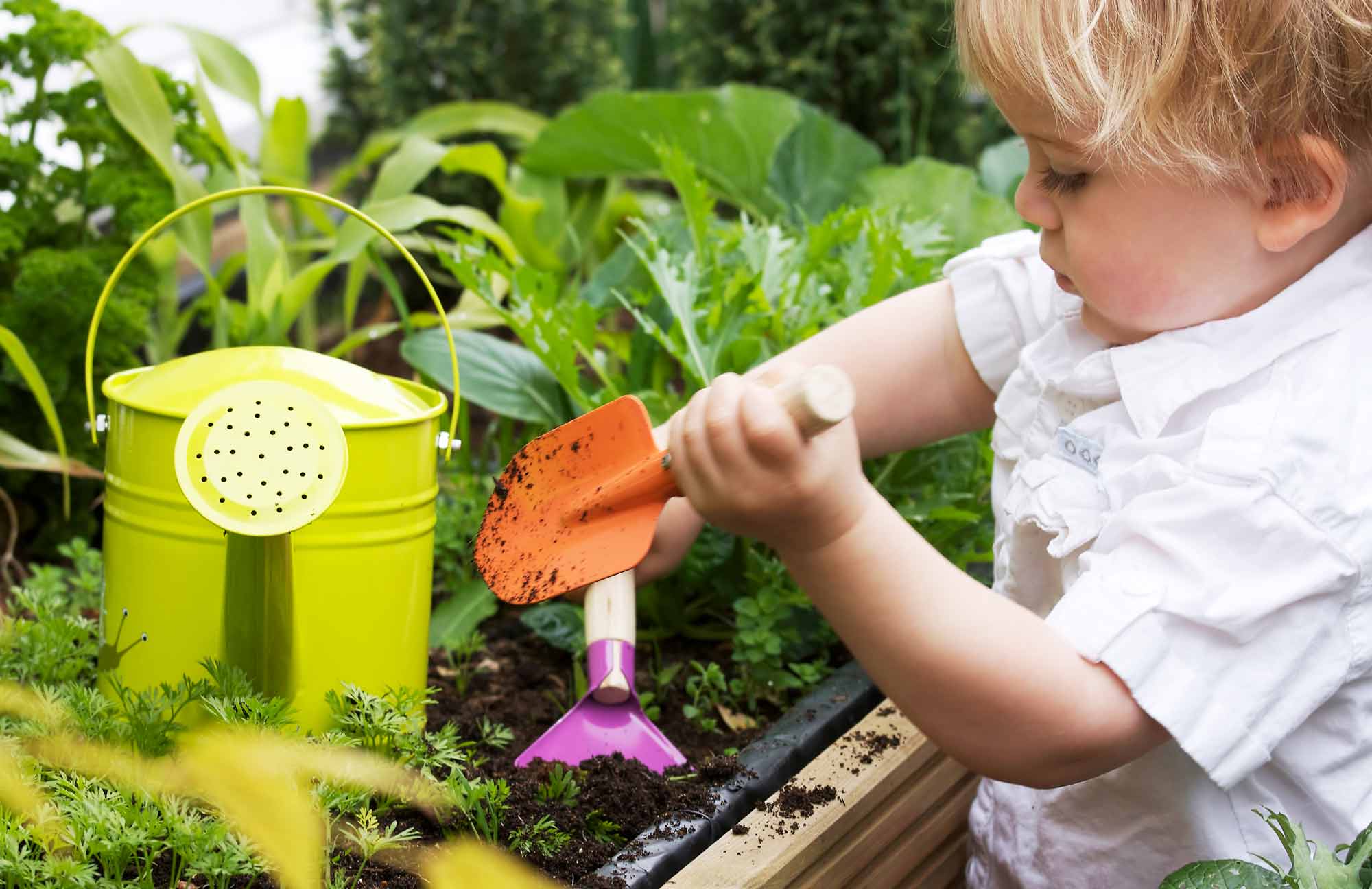Engineering Design: Skyscraper Challenge
Designing a skyscraper involves choosing the best materials and arranging them in the best way to keep the structure stable as it grows taller and taller.
Content Area:
Engineering
Learning Goals:
This lesson will help toddlers and preschoolers meet the following educational standards:
- Demonstrate curiosity about the world and begin to use the practices of science and engineering to answer questions and solve problems
- Explore concepts and information about the physical, earth and life sciences
- Understand important connections and concepts in science and engineering
Learning Targets:
After this lesson, toddlers and preschoolers should be more proficient at:
- Developing beginning skills in the use of science and engineering practices such as observing, asking questions, solving problems and drawing conclusions
- Identifying, describing and comparing the physical properties of objects
- Exploring the effect of force on objects in and outside of the early childhood environment
- Understanding rules to follow when investigating and exploring
- Using nonstandard and standard scientific tools for investigation

Engineering Design: Skyscraper Challenge
Lesson plan for toddlers/preschoolers
Step 1: Gather materials.
- Books about skyscrapers
- Photos of skyscrapers
- Open floor space for tower building
- Several different types of stackable building materials such as:
- wood or foam building blocks
- plastic or paper cups
- cardboard boxes
- soup cans
- pillows
- books
Note: Small parts pose a choking hazard and are not appropriate for children age five or under. Be sure to choose lesson materials that meet safety requirements.
Step 2: Introduce activity.
- Do some research. Think about what makes a building strong and tall. What kinds of materials are used to build tall buildings? What shapes or designs have you seen? Take pictures of buildings outside and find pictures of tall buildings on the Internet or in books and magazines.
- Explain: “When designing tall buildings, engineers use the engineering design process, which includes:
- Research: Find out what other people have already made.
- Gather requirements: List all of the things that a new building must have to function properly.
- Brainstorm and plan: Think of lots of different design ideas and then choose the best ones.
- Build and test: Build the first “skyscraper” and then test it.
- Redesign and retest: Keep changing, testing and improving the design until it meets all of the requirements as well as it possibly can.
Step 3: Engage children in lesson activities.
- Say: “Designing a skyscraper involves choosing the best materials and arranging them in the best way possible to keep the structure stable as it grows taller and taller.”
- Challenge the children to become tower-building experts by stacking everyday objects to construct a tower as tall as they are!
- Look at all of the building materials that the children collected. Think about how to build the tallest tower possible using only one kind of material.
- Start by making some predictions about what you think will happen. Ask: “Which material do you think will be best for making a tall tower? What tower shape will be best for making it strong and tall? Why do you think so? How many blocks (or cups or cans) tall do you think the tower will get?”
- Try building different tower shapes with the same material. Which shape gets tall the fastest? Which shape is hardest to knock over?
Step 4: Vocabulary.
Base: The part of a building that sits on the ground
Proportion: The measurement or size of different parts of a building
Skyscraper: A tall building with a steel or concrete skeleton frame, an elevator and different floors where people live or work
Story: A floor in a building
Step 5: Adapt lesson for toddlers or preschoolers.
Adapt Lesson for Toddlers
Toddlers may:
- Use pillows, empty boxes or foam blocks to build a tower
Child care providers may:
- Help stack soft or foam blocks and then knock them down
Adapt Lesson for Preschoolers
Preschoolers may:
- Use a step stool or sturdy chair to build a higher tower (with adult supervision)
Child care providers may:
- Observe National Skyscraper Day on September 3, which celebrates the birthday and architectural achievements of Louis Henry Sullivan, known as the “father of the skyscraper”
Suggested Books
Arches to Zigzags by Michael Crosbie
Building a House by Byron Barton
How a House is Built by Gail Gibbons
Iggy Peck, Architect by Patricia Beaty
The Three Little Pigs by James Marshall
This House is Made of Mud by Ken Buchanan
Three Little Javelinas by Susan Lowell
Rosie Revere, Engineer by Patricia Beaty
When I Build With Blocks by Niki Alling
Music and Movement
- Discuss the different tools needed to build a house. Then invite the children to sing and act out the song, “This is the Way We Build A House.“
- Add some extra language learning to a building activity by singing one of these fun building songs for preschoolers and toddlers!
Outdoor Connections
- Building forts outdoors or building with sticks is a great way to investigate and experience the science of engineering!
Comment on this lesson